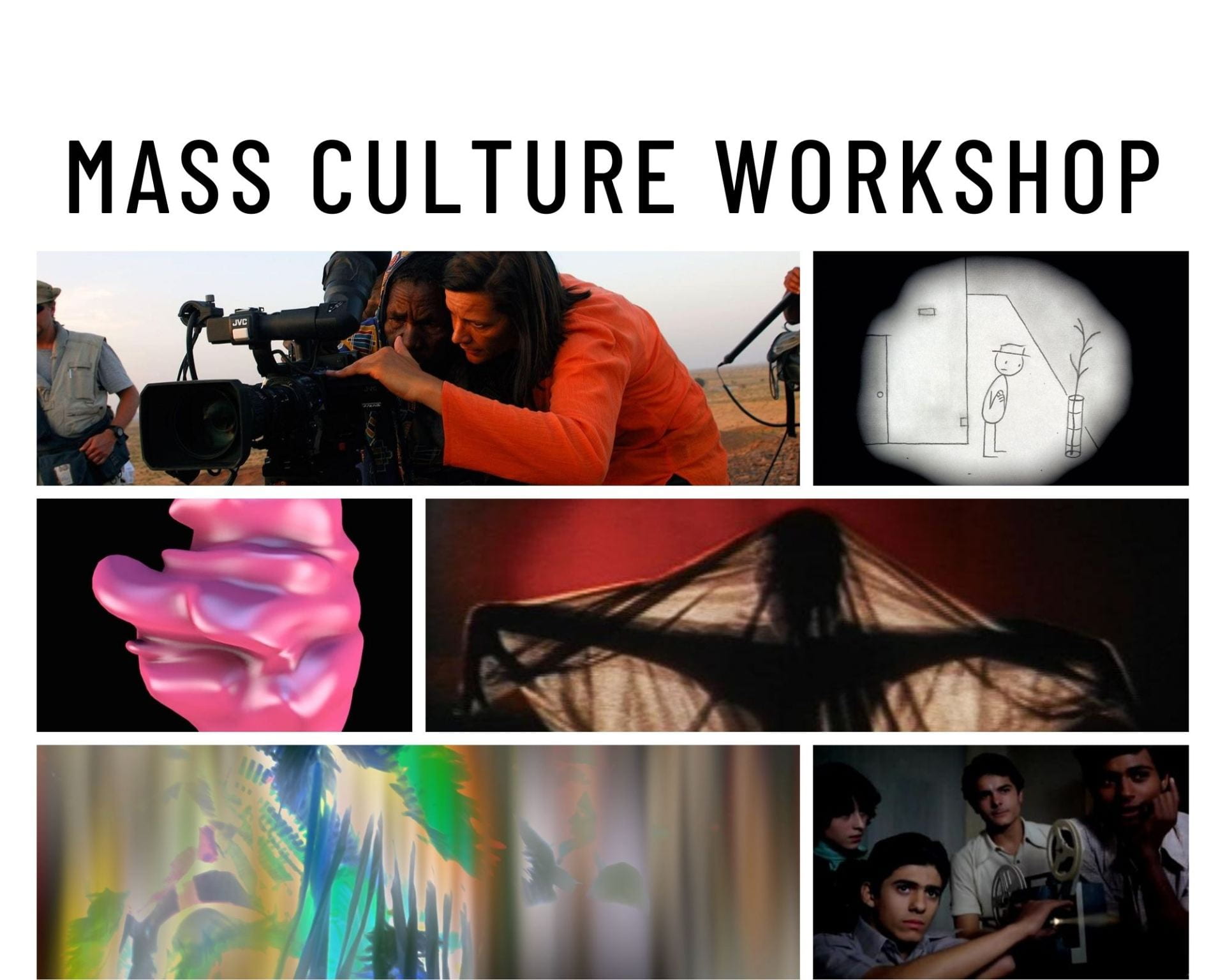Please join us on Wednesday, February 27, 2019 at 5:30pm in Foster 103 for the fourth meeting of the Mass Culture Workshop for the Winter Quarter. We are delighted to have Pedro Doreste, PhD Student in Cinema and Media Studies at the University of Chicago, and Dalina Perdomo, Curatorial Fellow for Diversity in the Arts at Museum of Contemporary Photography. The title of their paper is “Romance in Absentia: A Cultural History of Puerto Rican Cinema Found and Lost.” Responding to the paper is Carmelo Esterrich, Associate Professor of Humanities at Columbia College-Chicago.

** Please take special note of the date, time and location of the workshop.***
Pedro and Dalina’s paper is available for download here.
Please do not circulate without permission.
Please email either Gary [gkafer@uchicago.edu] or Cooper [cooperlong@uchicago.edu] for the password.
This session will be co-sponsored by the Workshop on Latin America and the Caribbean.
Dinner will be provided.
We look forward to seeing you!
Yours in Mass Cult,
Gary and Cooper
Romance in Absentia: A Cultural History of Puerto Rican Cinema Found and Lost
Romance Tropical (1934), directed by Juan Emilio Viguié Cajas, is the first feature length Puerto Rican sound film and, at the moment, the earliest extant Puerto Rican film. The film was thought lost for over eighty years when it was accidentally found at the UCLA Film & Television Archive. This discovery opened up new possibilities for the study Puerto Rican film, as previous to this, the earliest Puerto Rican film available to the public was one released in 1951. The locating and restoration of Romance Tropical is an invaluable addition to the ongoing discourse surrounding Puerto Rico’s national cinema, or lack thereof, yet it also raises questions of ownership due to the complicated geopolitical relationship between Puerto Rico and the United States. The terms of how the film was found adds to this context, as it was “lost” to Puerto Rico and then given new life by a process of being found, verified, preserved, digitized, screened, and ultimately “rescued” by a series of American institutions. In addition to the troubled nature of the film’s rediscovery and delayed reexhibition, there remains the fact of the film’s problematic content. The film itself perpetuates certain imperialist and racist ideologies typically associated with the Unites State’s treatment of its unincorporated territories—a relationship of occupation, discrimination, and othering—as it allows a suspiciously white Puerto Rico to imagine itself as the metropolis, invading and plundering a different island populated by a black, “uncivilized” indigenous society. But such a discussion about Puerto Rico’s own racist history and the politics of film preservation did not take place in the eighty years during which the film was lost, and it appears as if the film’s rediscovery has yet to catalyze it. As of this writing, Romance Tropical has yet to re-premiere in Puerto Rico as the island continues to recover from the devastating effects of Hurricane María. We envision this paper as a necessary corrective to these entities’ teleological understanding of recovery — recovery from various forms off decay, disaster, or neglect.
Pedro Noel Doreste Rodriguez is a third year doctoral student in Cinema and Media Studies at the University of Chicago. His research surveys the emergence and disappearance of transnational cinemas in and of Latin America, with a particular focus on the minor cinemas of the Caribbean. His work has been published in Reception and Atenea. He loves his dogs.
Dalina Aimée Perdomo Álvarez received her MA in Film Studies from The University of Iowa. She is currently Curatorial Fellow for Diversity in the Arts at the Museum of Contemporary Photography, and also works at the Video Data Bank. She uses whatever free time is left to write about Puerto Rican film and its intersections with other art forms.

My name is Roberto Juan Negron. I am a theatre director for a non profit organization, The Miracle Center, in Chicago I am very interested in obtaining a transcript of the above article.
Thank You